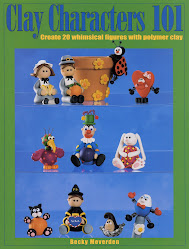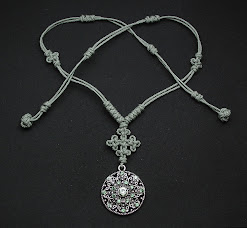
Idiom: a phrase whose meaning cannot be made sense of from the literal definition, but refers instead to a figurative meaning that is known only through common use.
My Korean friends ask me from time to time to explain the meaning of an English word or American phrase and I sometimes find myself at a loss for words which can be embarrassing when you are the English expert in the bunch. Idioms fall into this group. I never really thought about some of our sayings or slang that I use in everyday life such as that's a "piece of cake" (easy to accomplish) or that costs "an arm and a leg" (very expensive). If you look at what each word independently means and compare it to what it truly means, it's no wonder how difficult the English language is.
I was at the grocery store this week picking up carrots when an idiom popped into my head and made perfect sense. At my Korean grocery store, you can purchase carrots and potatoes dirty or washed. There is a huge price difference between the two. The two dirty carrots I purchased above came to 600 WON (40 cents US) and the same carrots, cleaned and in a cellophane bag were 2000 WON ($1.60US). Both prices were cheap to me but the washed carrots were three times to price of the dirty carrots. Dirt cheap. It now totally makes sense to me.









3 comments:
Ha! Yes. (I always got a kick out of those huge carrots.)
I had one of those realizations this week while shopping in an olive store in Murietta... I learned there that no bacteria can grow in salt. Suddenly I realized where"pour salt on the wound" came from.
I believe "pouring salt on a wound" refers to making something that is already painful hurt even more.
Post a Comment